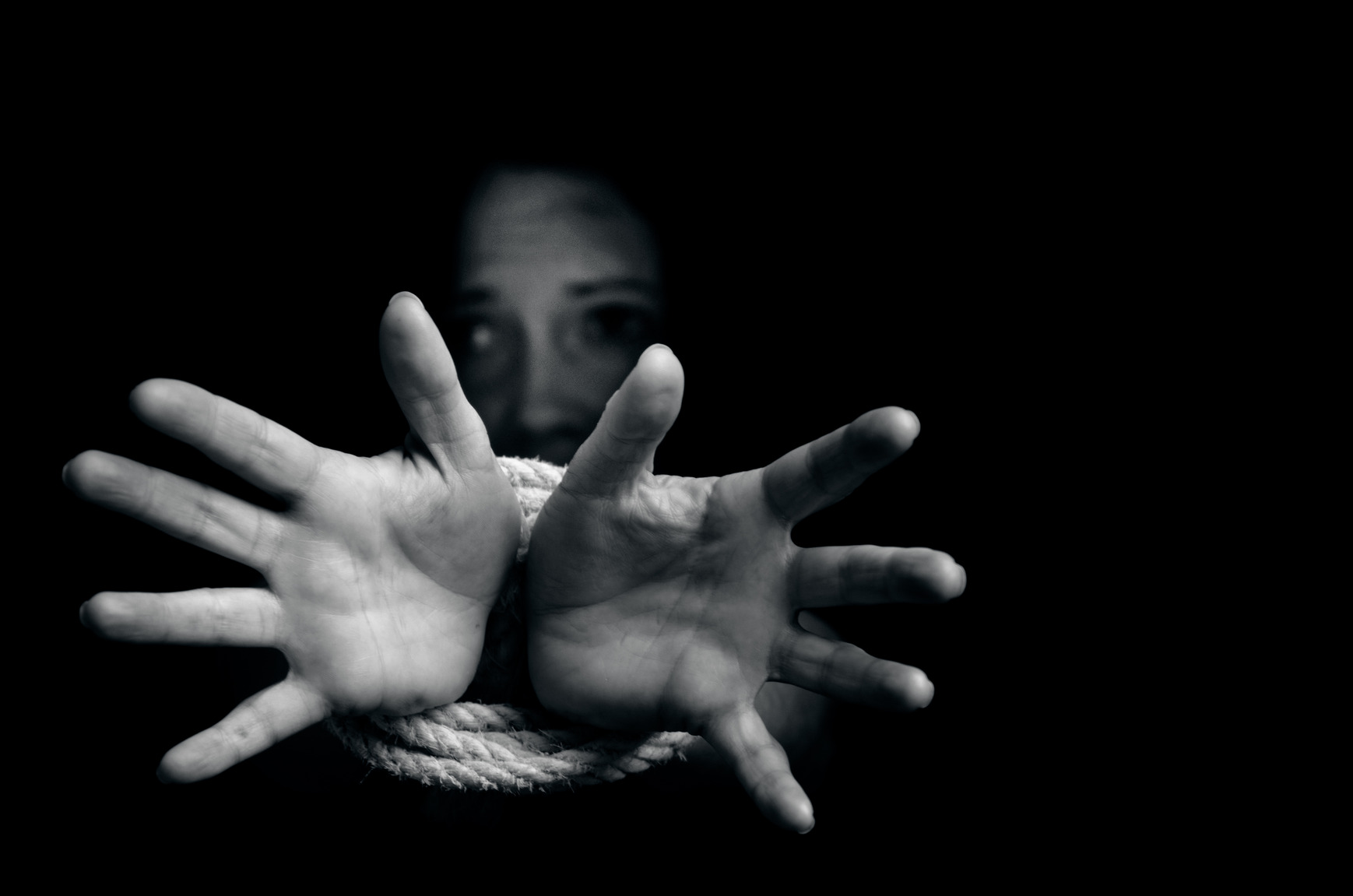Moroke Sekoboto
PEOPLE exposed to unstable living conditions are primary targets of the multi-billion-dollar human trafficking industry, says She-Hive vice-president Tebelo Phomane.
Such communities, she added, experience many forms of violence such as sexual abuse, before running away from home and becoming sucked into the human trafficking syndicate.
According to Mr Phomane, who was speaking on Monday during the commemoration of the World Day against Trafficking in Persons, undocumented immigrants, or a domestic caregiver or drug abuser, are among those most vulnerable to human trafficking.
Human trafficking, Mr Phomane said, is a multi-billion-dollar criminal industry that has denied an estimated 24.9 million people freedom across the globe.
Mr Phomane explained that human trafficking is the business of stealing people’s freedom for profit and syndicates do this through tricking, defrauding or physically coercing their victims.
In the process, Mr Phomane said victims are lied to, assaulted, threatened, and manipulated into working under inhumane, illegal, or unacceptable conditions.
She-Hive is a local association of survivors of gender-based violence and those affected by it. It works with stakeholders who have similar goals and objectives in order to curb the alarming rate of gender-based violence.
“Human trafficking is a multi-billion-dollar criminal industry that denies freedom to 24.9 million people around the world. That means it has the financial muscle to employ all the necessary tactics to capture its prey. Human trafficking can happen to anyone, but some people are more vulnerable than others,” Mr Phomane said.
Mr Phomane also said significant risk factors included migration or relocation, substance abuse, mental health concerns, involvement with the children welfare system and being a runaway or homeless youth.
“Often, traffickers identify and leverage their victims’ vulnerabilities in order to create dependency. Perpetrators of human trafficking span all racial, ethnic, and gender demographics and are as diverse as the survivors,” Mr Phomane said.
“There is no evidence that traffickers are more likely to be of a particular race, nationality, gender, or sexual orientation. They may be family members, romantic partners, acquaintances, or strangers.
Anyone can experience trafficking in any community, just as anyone can be the victim of any kind of crime.”
Generational trauma, historic oppression, discrimination, and other societal factors and inequities create community-wide vulnerabilities, he further said.
“People who are vulnerable or have an unstable living situation, have previously experienced other forms of violence such as sexual abuse or domestic violence, have run away or are involved in the juvenile justice or child welfare system, are undocumented immigrants, are facing poverty or economic need, have a caregiver or family member who has a substance use issue and are addicted to drugs or alcohol, are prone to human trafficking,” Mr Phomane said.
Addressing the same anti-trafficking event, Boitumelo Ramahlele from the Department of Gender under the Ministry of Gender, Youth, Sports, Arts, Culture and Social Development, said global evidence suggests that 70 percent of trafficking cases affect females, 90 percent of whom are sexually exploited.
“Data suggests that where males are trafficked predominately, it is for labour exploitation. In the case of Lesotho, males at birth have patriarchal inheritance of assets, while females do not which creates livelihood challenges, hence they are vulnerable to exploitation,” Ms Ramahlele said.
According to Ms Ramahlele, males were less restricted and more equipped for life’s challenges, while females were expected to sit indoors and wait for husbands.
“Structural systems like religion, education and culture favour the males over females, thus rendering the latter vulnerable,” Ms Ramahlele said.
Also attending the event and representing the Lesotho Mounted Police Service (LMPS), was Police Constable ‘Mampho Rakhomo, who also said the abuse of technology was the leading factor in trafficking.
“Misuse and abuse of social media, mainly Facebook, leads to trafficking. Females are the easiest targets because they love fancy things. They can meet with strangers without telling people close to them. Females get promised money and a good life because of social pressure and trends,” PC Rakhomo said.
“People must be careful when promised scholarships, work, or fancy things. They must do thorough research or come to the police as we have Interpol to verify if they are legitimate.”
END



